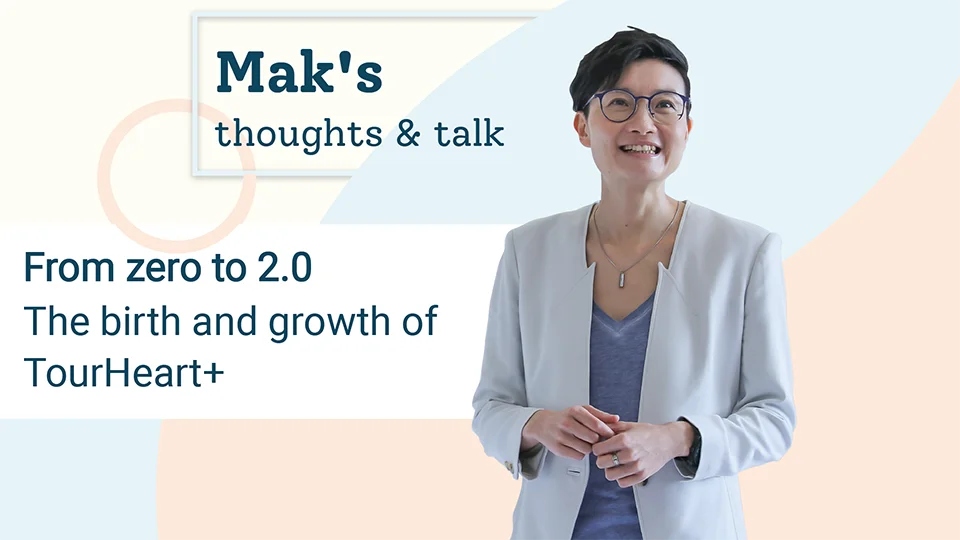When I was living in the United States, I was bullied and experienced microaggressions just because I am an Asian. Perhaps due to these experiences, later during my teens and college years, I experienced social anxiety disorder and persistent depressive disorder. At that time, I got into constant self-doubt, believing that I am not good enough. Worrying that people may laugh at me and stigmatize me, negating all my worth beyond my mental health experience, I learned to live in silence and solitude.
Because I didn’t feel I fit in and belong, I decided to come back to Hong Kong to start my academic career. However, I was appalled by the extent of stigma and shunning in the community and the blatant stigma and ridicule observed among providers in mental health, medical, and social services towards people with mental illness. All these experiences prompt me to carry the mission to fight against stigma and to build an inclusive and respectful society for everyone.
What is stigma and its consequences?
Stigma is an amalgam of relegating a group different from your own and has less power as inferior or abnormal, labeling its members as such, perpetuating this unfair situation with negative stereotypes, prejudice, and discrimination. In the process, the value of the person with their own identities, abilities and talents, hopes and dreams are ignored or undervalued.
Stigma can be further divided into self-stigma, affiliate stigma, public stigma, and structural stigma, permeating into our lives, working environment, and culture. To stamp it out, we need to be mindful of its presence and manifestation in different forms and intentionally build our defenses against it, and transform our thoughts, feelings, and behaviors to celebrate diversity and appreciate each person as they are.
Stigma permeates our lives
Evidence of stigma is everywhere. In the mass media, TV news reports describing a violent crime habitually emphasize whether the perpetrator has mental illness history regardless of direct connection. TV dramas nowadays continue to portray characters with different mental disorders as eerie and violent. In the social media and everyday conversations, if someone is behaving beyond social conventions, people tend to describe such person as “crazy” or “carrying a white card“.
Stigmatization in the workplace is common, too, including labeling people applying for mental health leave as lazy, doubting it as an excuse for missing work. Another common situation is that people with lived experience may be disadvantaged in employment or may be passed for promotion regardless of their abilities and performance.
As stigma is so pervasive, it has become a part of many people’s daily interactions with others, clouding our judgment and biasing our views and actions, which deter us from understanding and connecting with people different from us and appreciating the need to advocate for an inclusive and fair society.
We are all interconnected
Stigma matters to everyone of us because mental health matters to us all. In our lifetime, either we ourselves may experience psychological distress or illness, or our family, friends, coworkers may experience it, just that we may not be aware of it. After all, as human beings, we all experience ups and downs, varying levels of hardships, trauma, and wounds that may need others’ support and care. Stigma deters us from seeking help, dampens treatment adherence, and adversely affects our self-worth and personal recovery.
Therefore, stigma matters to us all and we all have a role to play in creating a stigma-free society. For those of us who have the power and ability to impact organizational systems and policies, we have greater responsibility to stand up and eradicate stigmatization. Feasible measures will be discussed in the next article.


